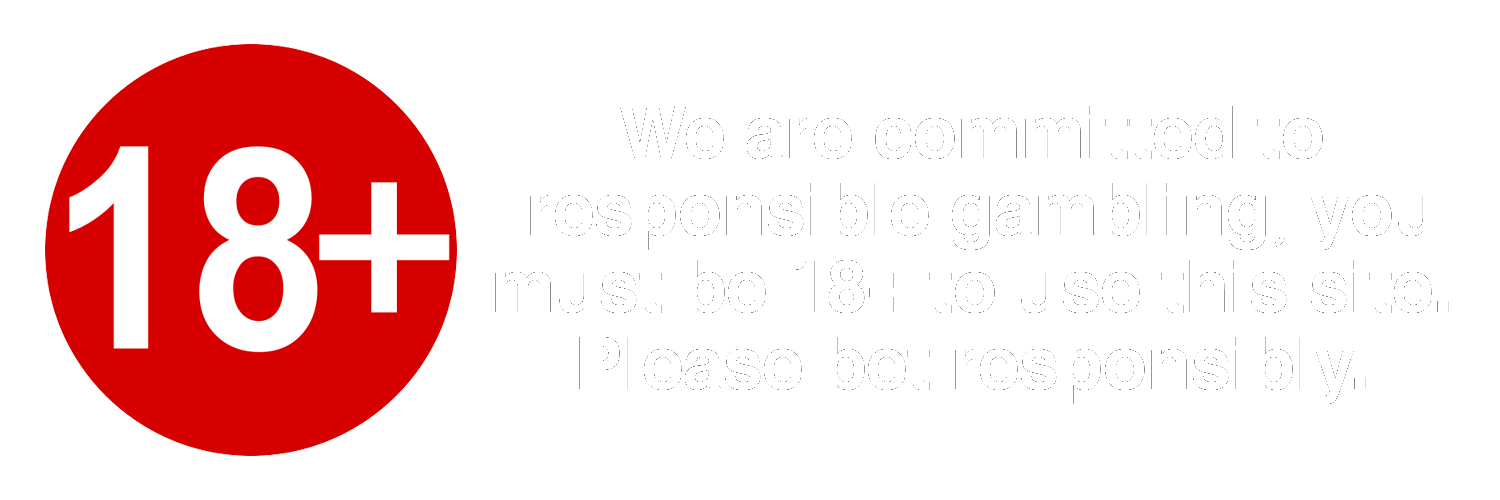Which Is the Best European League?
Every football fan loves the game for what it is—90 minutes (or more) of adrenaline-fuelled action on the pitch, complete with history, culture, and a one-of-a-kind atmosphere, even in the world of sports. But within football, every fan has an affinity for a particular team they’d essentially give up their left kidney for. In Europe, there is a wealth of options to choose from, given the number of powerful leagues on the continent alone.

Photo by Zach Rowlandson on Unsplash
What makes a league superior isn’t just how big their following is, although this could have some significance. It’s about their distinct qualities, their development over time, the ups and downs that have helped them build character, the depth of talent, and lots more. With football becoming even more commercialised than it ever has been, some might even say that financial power plays a role too.
Much like the PG slots reviewed at casinos.com, we’ll be reviewing the top European leagues to explore what makes each unique and reach some sort of consensus on which is best.
Our Contenders
While there are a total of 37 professional football leagues on the continent, we’re focusing on what’s known as the “Big Five”—the football markets of Germany, Italy, France, Spain, and England. After all, they’re the most popular among the leagues and the largest of them as well.
Premier League – England
The Premier League was founded in 1992, only a few decades ago, and is by far the youngest league among the five. Despite its youth, it’s the most-watched sports league in the world, with tens of thousands of attendees and a TV audience of several billion. It’s a heavily funded league, with its television rights deal with BT Group and Sky set to be £6.7 billion alone between 2025 and 2029.
English football also owes its resurgence to the Premier League, which came about at a time when it was far behind La Liga and Serie A, for example. Teams like Manchester City, Liverpool, and Arsenal are a few of the most recognised in the world, and they’ve been home to some of the best players in the world, including Thierry Henry and Alan Shearer.
Serie A – Italy
With over 100 years of development, Serie A has long established itself as a European superleague. While it doesn’t have glitz and glamour in the Premier League sense, it has a leg up over the rest in that it is the most tactically defensive.
It has long maintained its cultural emphasis on defence, in contrast to other leagues where the attack is celebrated more than anything. Many coaches in the league emphasise defensive play as what makes games successful, with sophisticated defensive systems popularised early on, such as Italy’s Catenaccio and zonal marking for general defender structure.
La Liga – Spain
La Liga has a high-profile reputation. It was the top league in the continent for seven consecutive years and produced the top-rated club in Europe 22 times (more than double that of Serie A). Its clubs have won the most competitions, including the UEFA Super Cup, UEFA Champions League, Europa League, and FIFA Club World Cup. Its players, one being Lionel Messi, have also racked up the most FIFA Men’s Players awards and Ballon d’Or awards.
Based on those facts, La Liga clearly has prestige. Its track record of world-class talent and focus on technical football foster this. What’s unique about Spain’s top league is that each region has its own style, whether it’s a certain philosophy or grit.
Bundesliga – Germany
The Bundesliga was founded in the ‘60s but quickly became one of the top teams in Europe. It’s heavily dominated by the successes of Bayern Munich, which has won just over half of titles in the league. It has also won many championships, just like La Liga, which has propelled it to success in a relatively short amount of time. Its clubs have won seven UEFA Europa League, eight UEFA Champions League, and four European Cup Winners’ Cups. Its players have also won countless awards, including nine Ballon d’Or awards. The Bundesliga ranks number one in average game attendance, just behind the American National Football League (NFL).
Ligue 1 – France
Ligue 1, formerly known as National before it was renamed in 2002, helped establish professionalism in French football. While the other countries on the list solidified a professional football league very early on, the French lagged behind. And even then, there were criteria to follow if clubs wanted in. This stricter nature birthed a culture of athleticism and talent, where the league has been known to nurture stars like Zinedine Zidane and Kylian Mbappé. It takes development and technical skills seriously, which gives it a special touch that separates it from other leagues.
Rather than have one sole team dominate the entire league like the Bundesliga, Ligue 1 often experiences unpredictable happenings. While Paris Saint-Germain has won the most titles, other teams like Saint-Étienne and Marseille have also had their fair share of wins and runner-up finishes.
The Verdict: What Makes a League the Best of the Best?
While we may have information on wins, losses, player statistics, awards, and all that jazz, it’s ultimately difficult to make an entirely objective call on which league reigns supreme. That said, if we had to choose, we’d choose the Premier League. The sheer level of talent, intense competition, and the fact that every player wants to play there at some point in their career speak volumes. If you recall the endless debates about whether Messi or Ronaldo deserved the Ballon d’Or, you might remember the famous question: could Messi “do it on a cold, rainy night in Stoke?”
1xBET - a Bookmaker Like No Other! 1xbet is what we could call the big...

Euro 2016 Betting – Looking For Value With Euro 2016 getting underway at the end...

Top 4 Sports Sites for Live Betting Choosing an event, assessing the contenders, working your...







